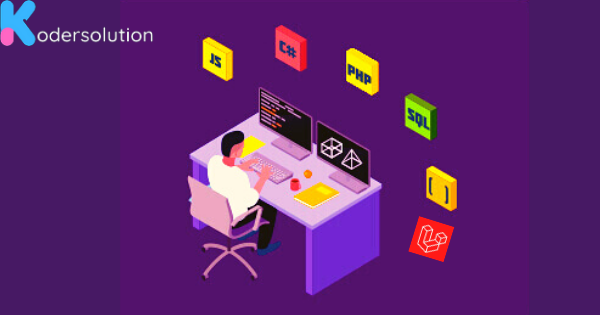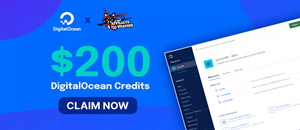
Learning PHP programming is a valuable skill that can open up numerous career opportunities in web development. With its widespread use in creating dynamic and interactive websites, mastering PHP can enhance your programming repertoire. To help you embark on your PHP learning journey, we have compiled a list of seven effective approaches that can aid in your proficiency development. Whether you are a beginner or an experienced programmer looking to expand your skill set, these strategies will enable you to grasp PHP concepts and advance your programming abilities.
-
Online Tutorials and Courses: Taking advantage of online tutorials and courses is an excellent way to start learning PHP. Platforms like Codecademy, Udemy, and Coursera offer comprehensive PHP courses designed for beginners and intermediate learners. These courses provide structured lessons, hands-on coding exercises, and interactive quizzes to reinforce your understanding of PHP fundamentals.
-
Practice with Real-World Projects: One of the most effective approaches to learning PHP is through hands-on practice with real-world projects. Building practical applications, such as a simple website or a content management system, allows you to apply PHP concepts in a meaningful way. This approach enhances your problem-solving skills and provides valuable experience in working with PHP frameworks and libraries.
-
Engage in Open Source Communities: Getting involved in open source communities dedicated to PHP development can accelerate your learning process. Joining forums like GitHub and Stack Overflow enables you to interact with experienced PHP developers, seek advice, and contribute to ongoing projects. Actively participating in these communities fosters collaboration, helps you gain valuable insights, and keeps you up to date with the latest PHP trends.
-
Read PHP Documentation: The official PHP documentation is an invaluable resource for learning PHP. It provides comprehensive explanations of PHP functions, syntax, and features. By regularly referring to the documentation, you can deepen your understanding of PHP concepts and learn best practices. Familiarizing yourself with the documentation early on will save you time and help you write more efficient and error-free code.
-
Collaborate on Group Projects: Collaborating on PHP projects with fellow learners or experienced programmers can enhance your learning experience. By working together, you can exchange ideas, review each other's code, and tackle challenges collectively. Group projects promote teamwork, foster creativity, and expose you to different programming styles and techniques.
-
Build a Personal Portfolio: Creating a personal portfolio of PHP projects is a practical way to showcase your skills and attract potential employers or clients. As you progress in your PHP learning journey, develop a collection of projects that highlight different aspects of PHP programming, such as database integration, form handling, and user authentication. A well-curated portfolio demonstrates your proficiency and commitment to PHP development.
-
Stay Updated and Practice Regularly: PHP is an evolving language, and staying up to date with the latest developments is crucial. Follow reputable PHP blogs, subscribe to newsletters, and join relevant online communities to stay informed about new features, best practices, and emerging trends. Additionally, consistent practice is essential for honing your PHP skills. Dedicate regular time to coding exercises, challenges, and personal projects to reinforce what you have learned and improve your programming abilities.
Conclusion: Learning PHP programming requires dedication, practice, and a structured approach. By following the seven best approaches outlined in this article—leveraging online tutorials, practicing with real-world projects, engaging in open source communities, reading PHP documentation, collaborating on group projects, building a personal portfolio, and staying updated—you can develop a strong foundation in PHP programming and unlock a world of possibilities in web development. Remember to be patient with yourself, embrace challenges as learning opportunities, and enjoy the process of mastering PHP.
Recent Posts
Categories
Get The latest Coding solutions.
Subscribe to the Email Newsletter



